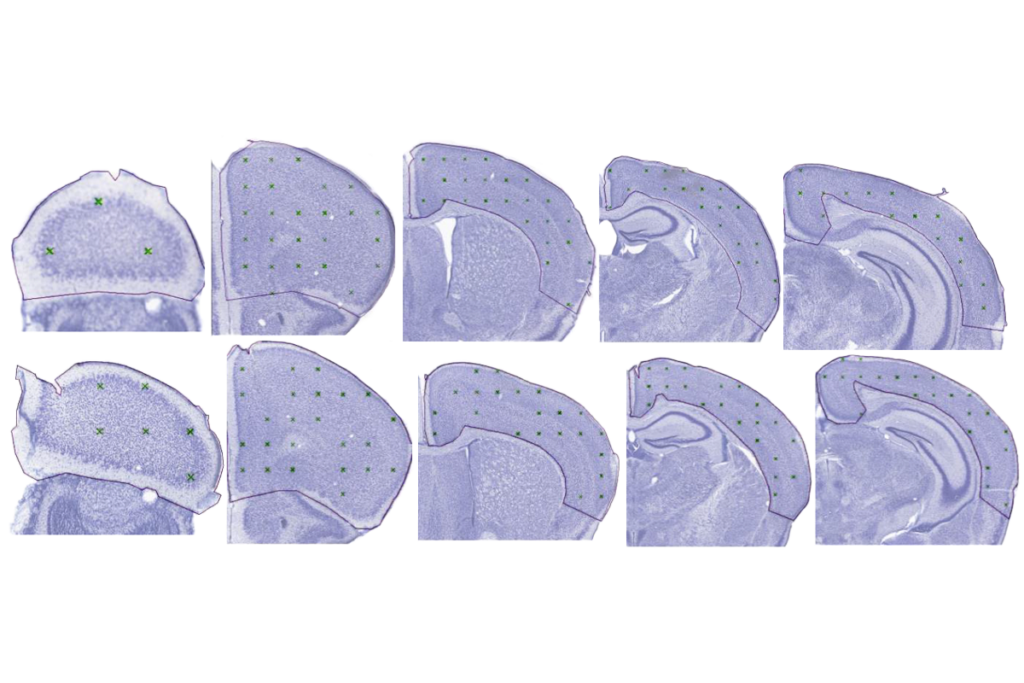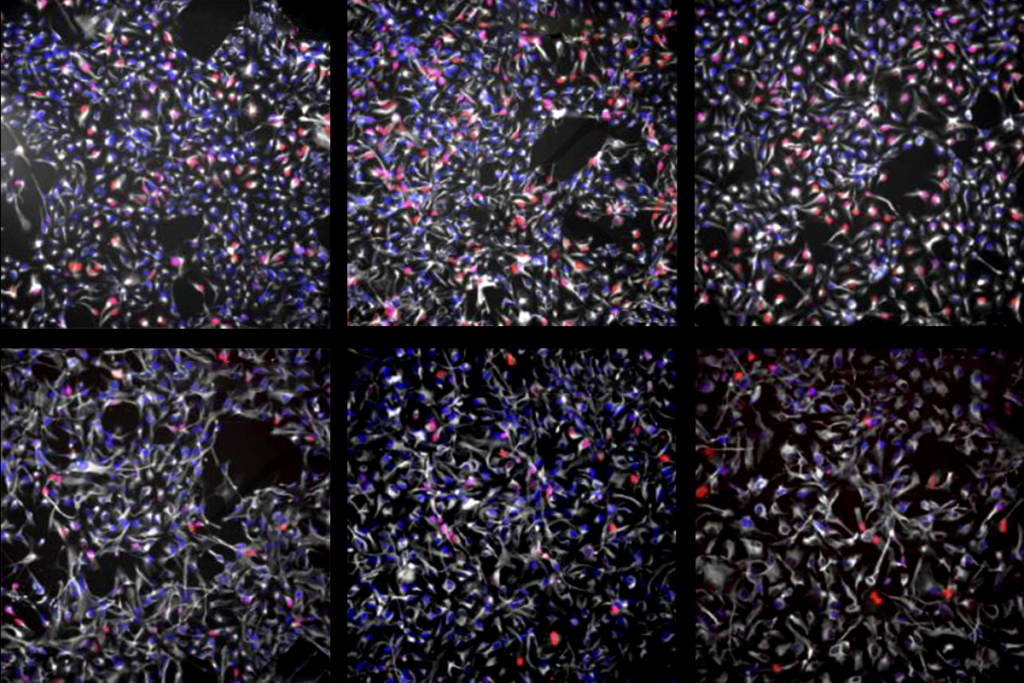- Adolescents and young adults with autism show stronger argumentation and negotiating skills in a role-playing task than those with 22q11.2 deletion syndrome, but weaker clarity of speech and social appropriateness. Journal of Neurodevelopmental Disorders
- Children with PTEN hamartoma tumor syndrome have high rates of autism and epilepsy, and neuroimaging reveals white-matter alterations, incomplete myelination and enlarged perivascular spaces. Spectrum covered the syndrome’s addition to the International Classification of Diseases, Tenth Revision, Clinical Modification, in 2022. Annals of Clinical and Translational Neurology
- Arginine vasopressin deficiency in the brain can lead to both social difficulties and fluid imbalances in autistic people, according to a review. Molecular Psychiatry
- Autistic adolescents and young adults who are Black, Hispanic or Asian/Pacific Islander and enrolled in Medicare or Medicaid are less likely than their white peers to have engaged with community health providers. They’re also less likely to have diagnoses of attention-deficit/hyperactivity disorder, depression, anxiety or substance use disorder. Journal of Adolescent Health
- Parents’ assessments of their autistic adolescents’ social skills and theory of mind diverge not only from their children’s self-reports, but also from task-based assessments. Child Psychiatry & Human Development
- A review looks at commonly used tools for assessing self-harm in autistic adults and finds room for improvement. Spectrum reported on a tool for assessing suicidality in 2021. Clinical Psychology Review
- The U.S. Food and Drug Administration is proposing a ban on the use of electrical stimulation devices to prevent self-injury and aggression, because of risk of injury. fda.gov
- Greater societal acceptance of autism is generally linked to less depression, according to a survey of autistic adults from eight countries. But such acceptance does not necessarily come with a reduction in camouflaging behaviors. PLOS ONE
If you or someone you know is having suicidal thoughts, help is available. Here is a worldwide directory of resources and hotlines that you can call for support.




